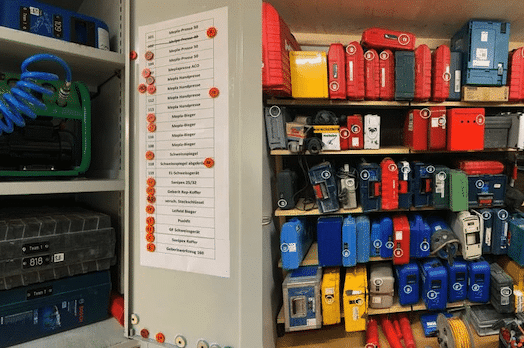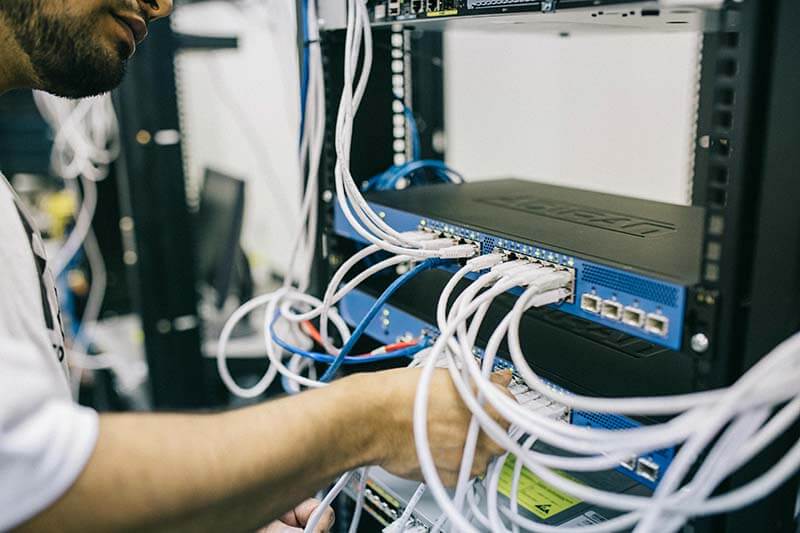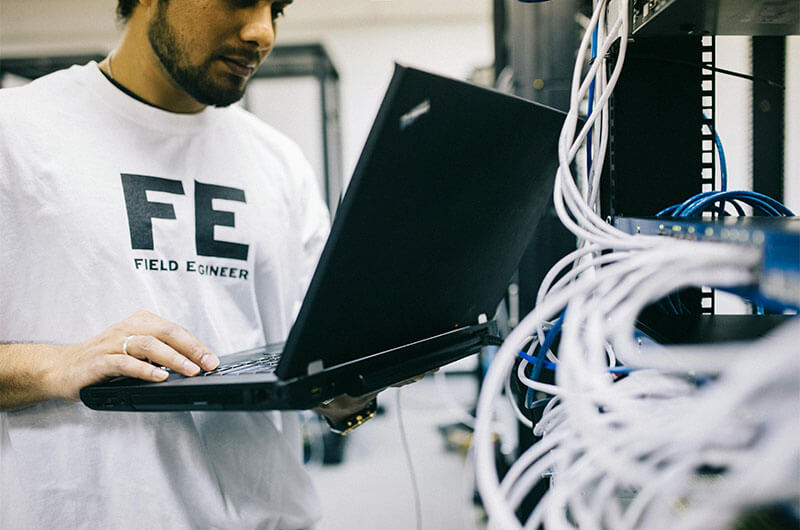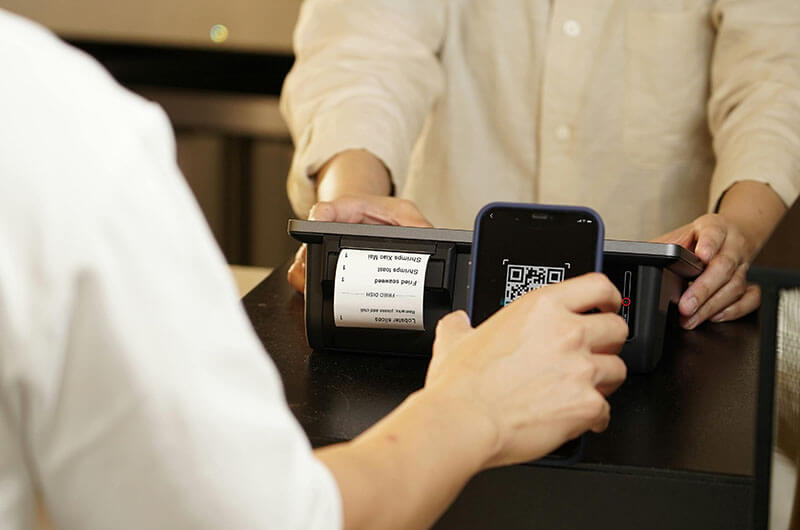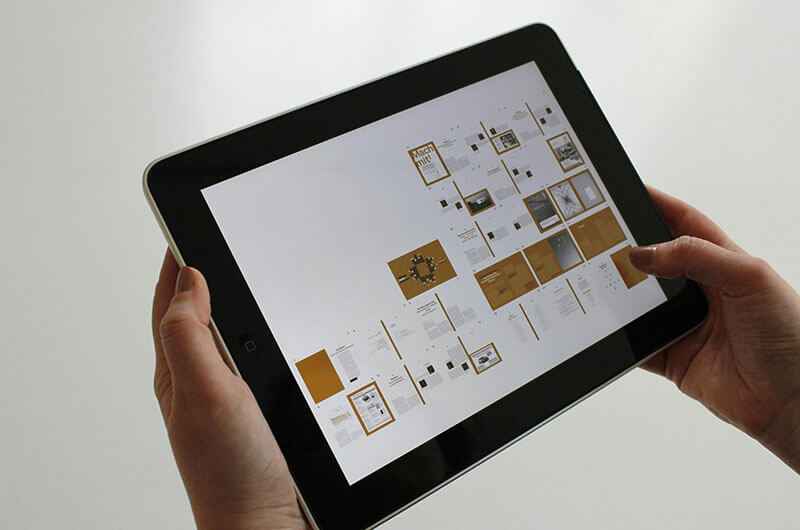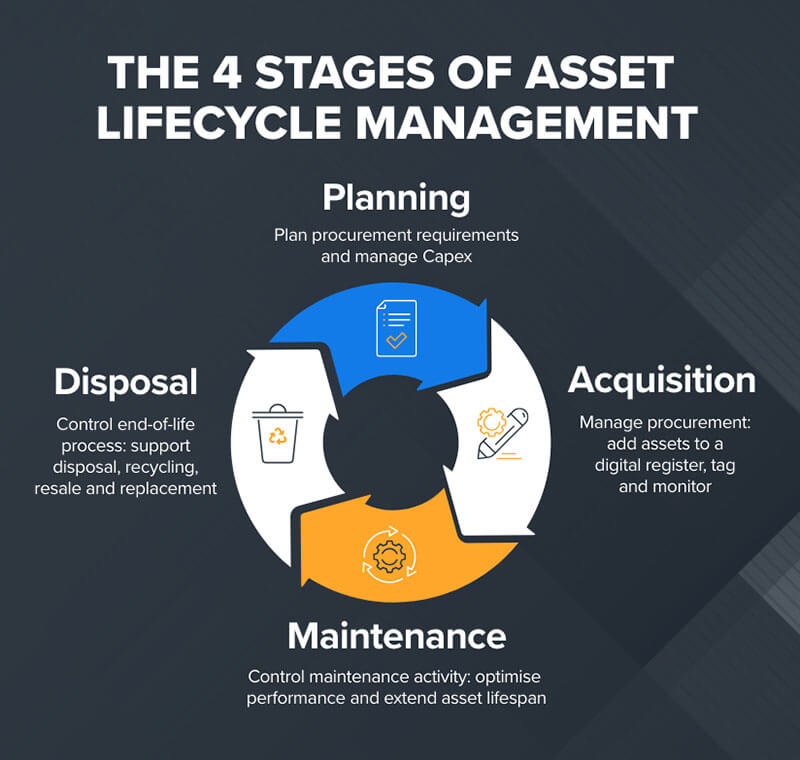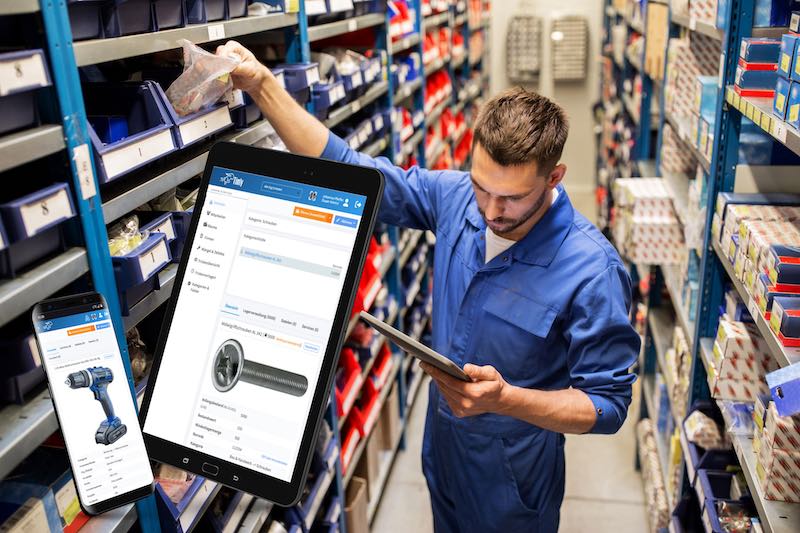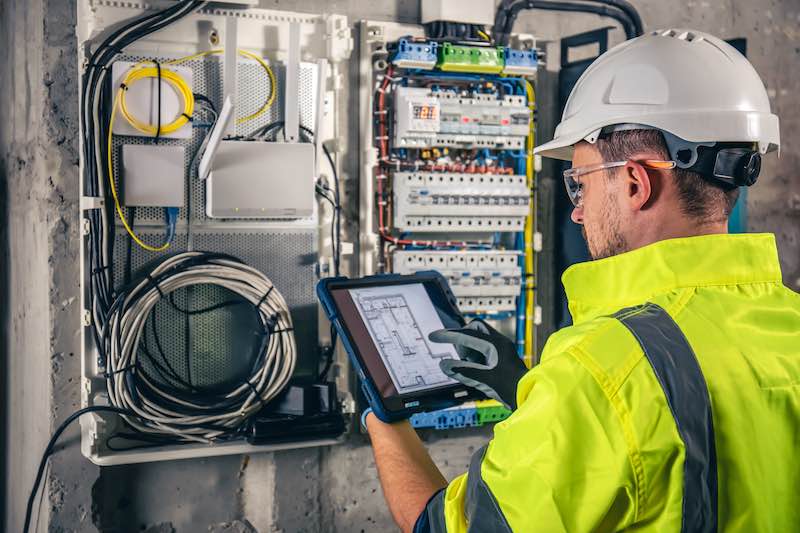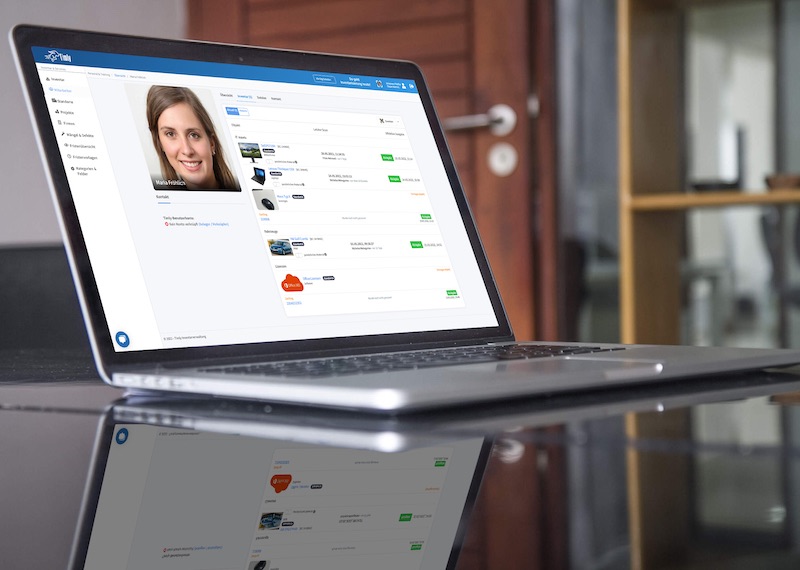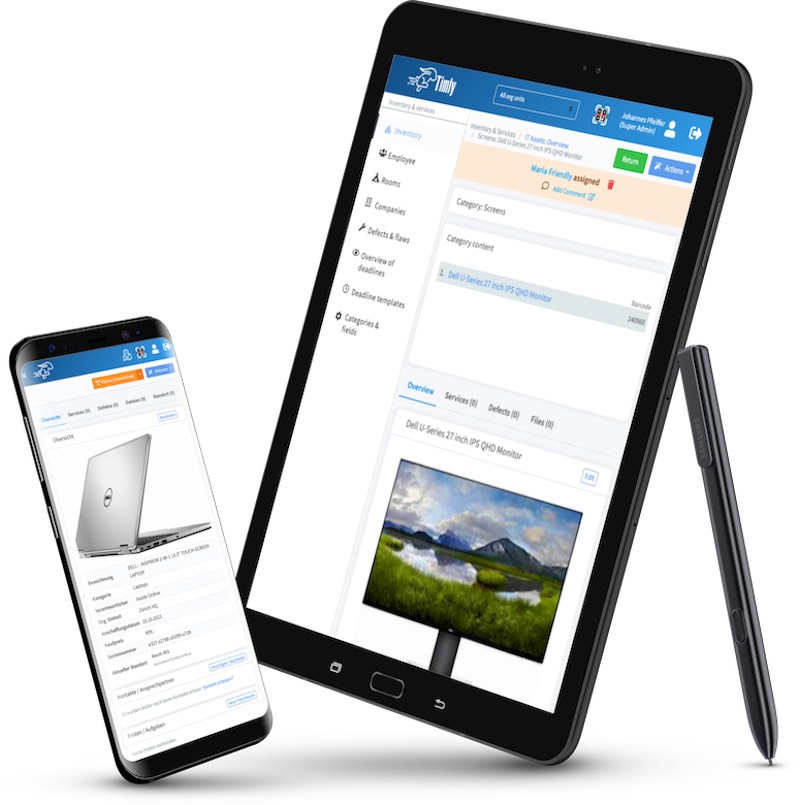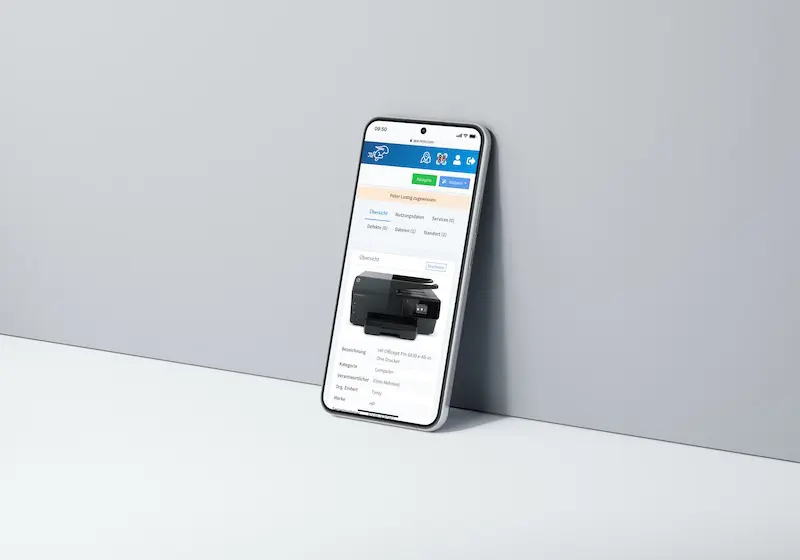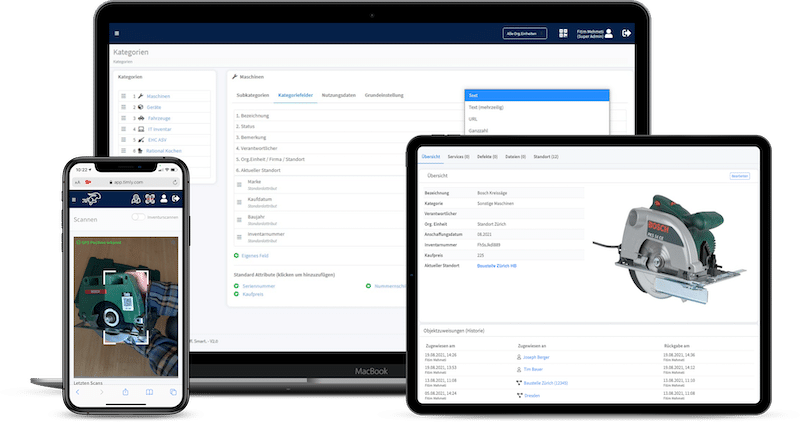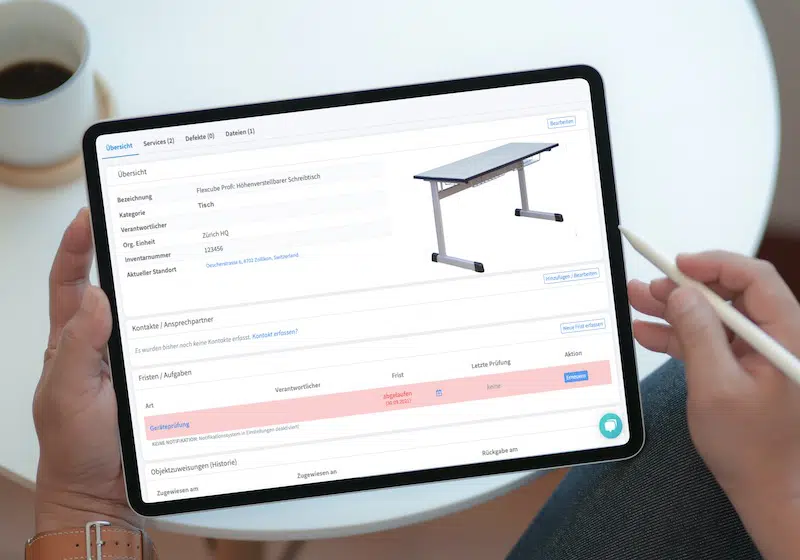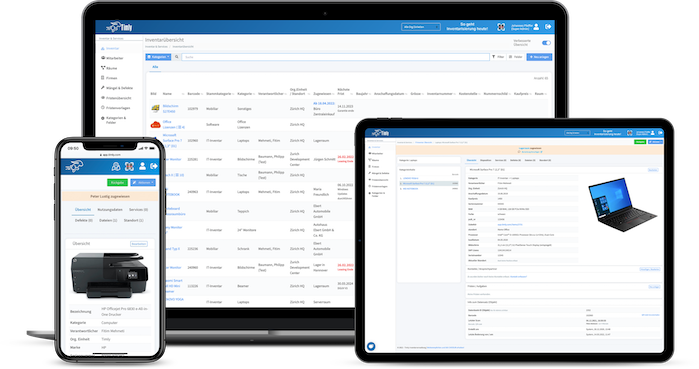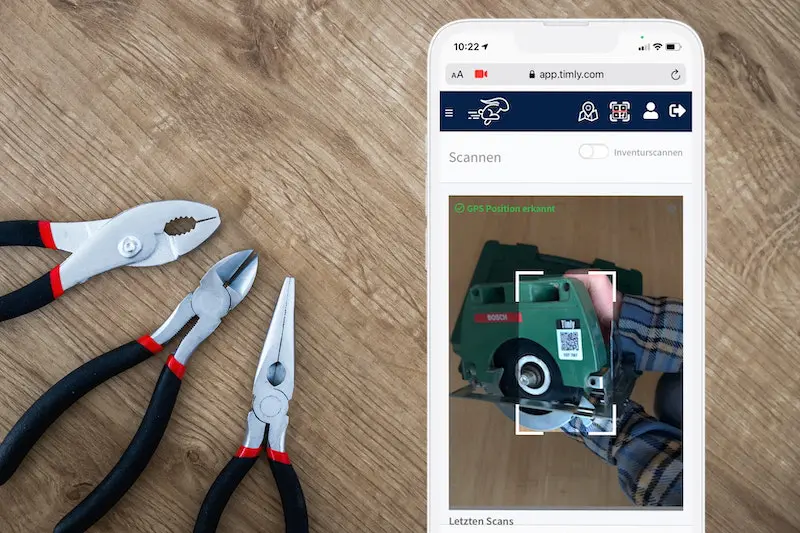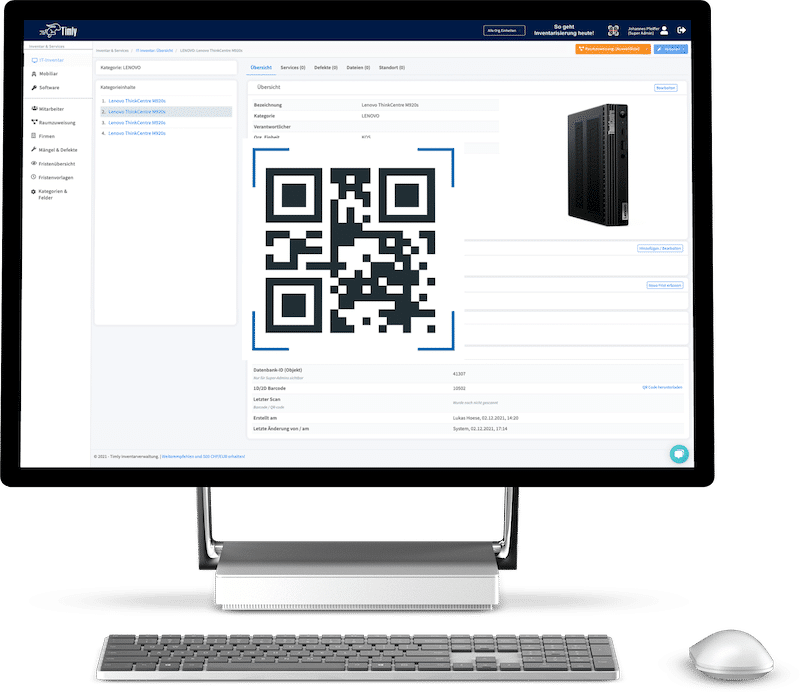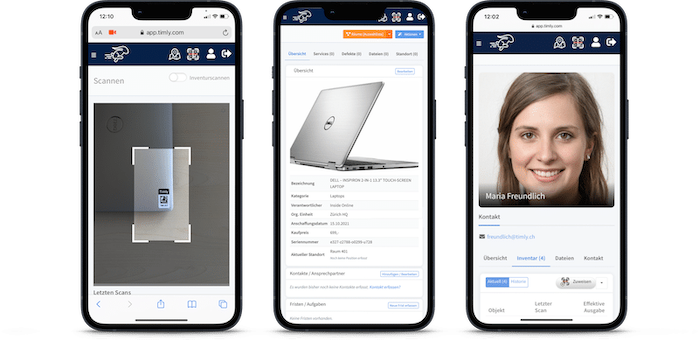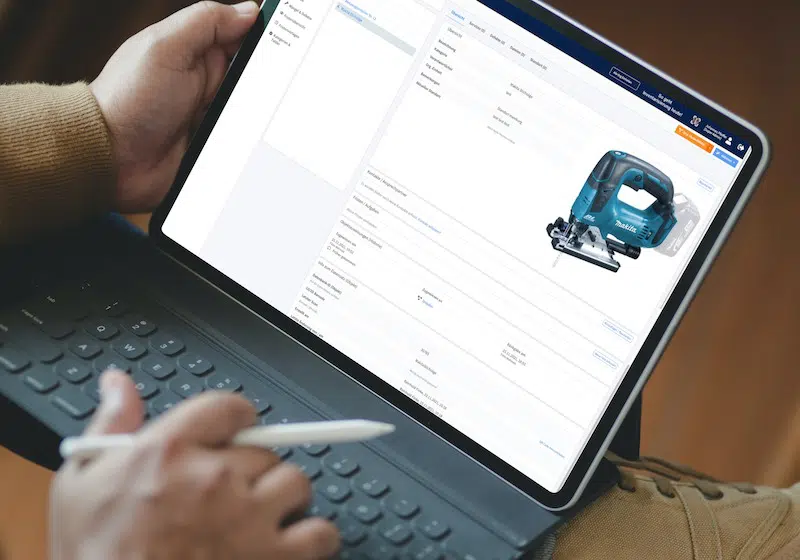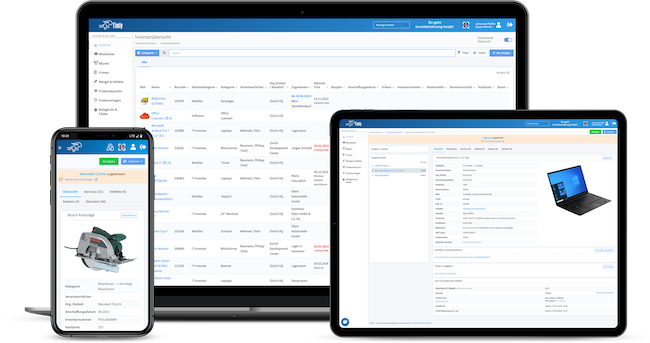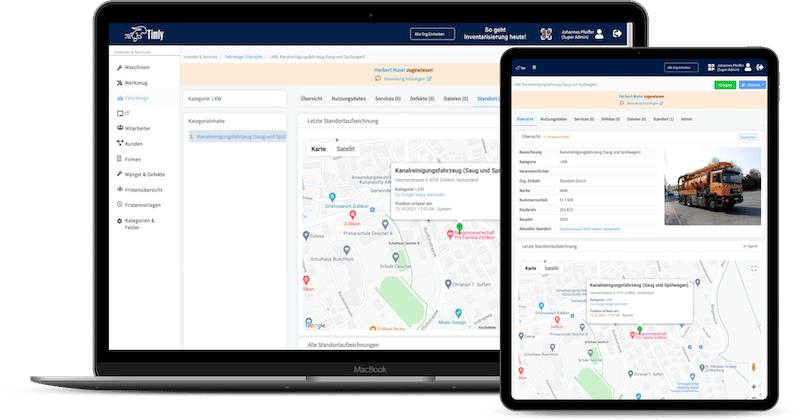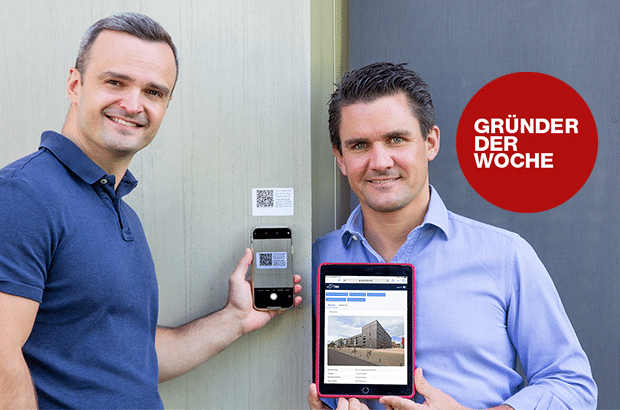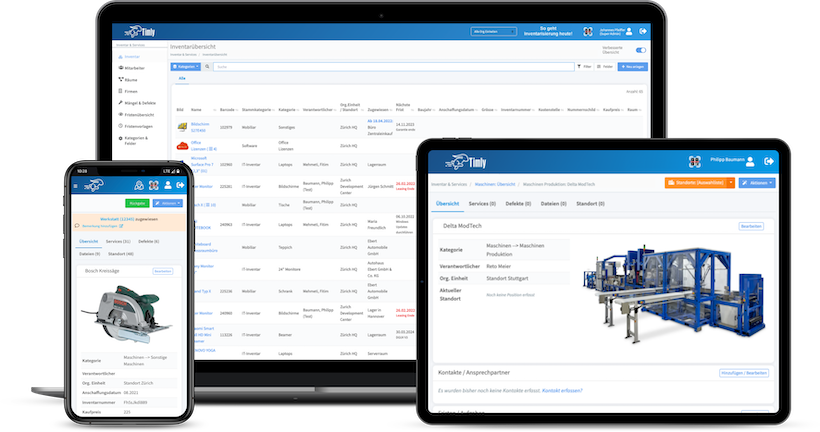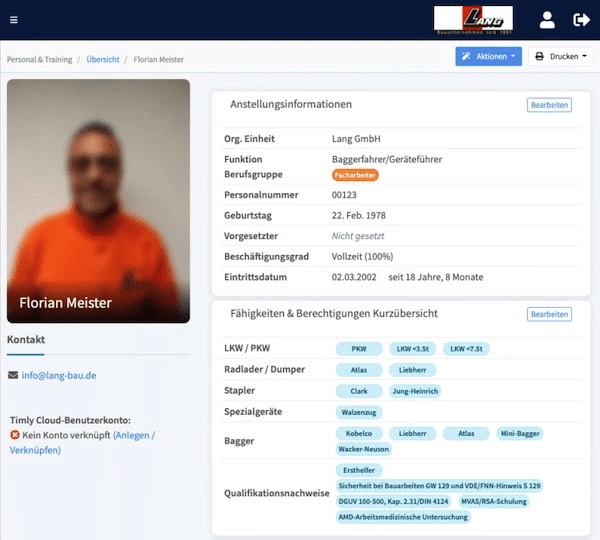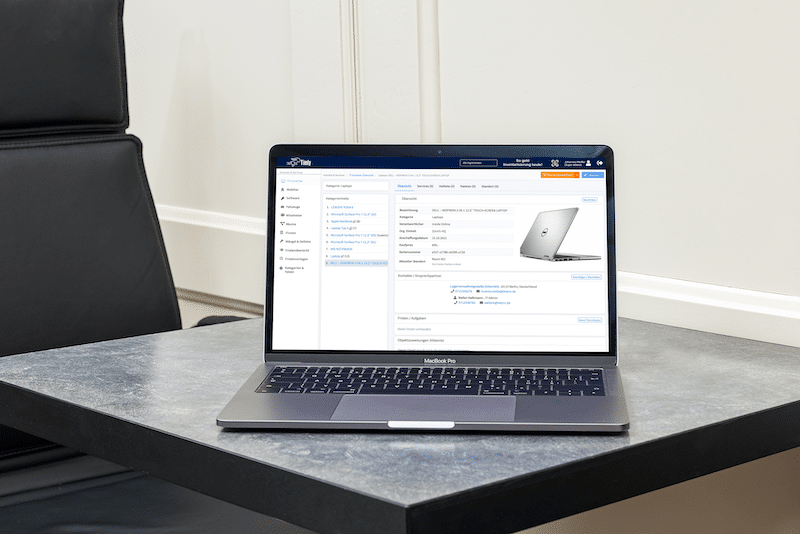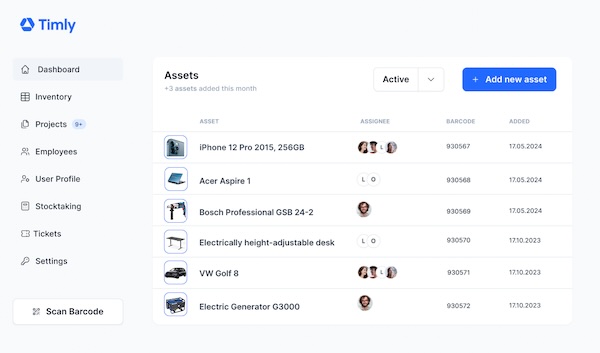
Key Takeaways:
- Efficient inventory management is crucial for ensuring timely access to supplies, reducing stockouts, and optimizing resource utilization in healthcare settings.
- Accuracy in inventory management directly impacts patient care outcomes, treatment plans, and overall operational efficiency in healthcare institutions.
- Effective inventory management systems streamline processes and ensure compliance with regulatory requirements through features like barcode scanning and automated reorder points.
In This Article:
- What Is Medical Inventory?
- Hospital Inventory Management System
- How Are Hospitals Managing Medical Inventory?
- Software Solutions for Tracking and Managing Medical Inventory
- Asset Management Software in Use by Our Customers
- Best Practices in Healthcare Inventory System
- Types of Inventory Management Systems in Healthcare
- Innovative Approaches To FAQs About Medical Inventory System
What Is Medical Inventory?
A medical inventory is where medical supplies, equipment, medication, and other related medical consumables are managed by healthcare facilities. This is to ensure proper support for patient care and hospital operations. However, compared to normal inventory management systems, medical inventory focuses on the unique challenges presented by the medical field and supplies. This is because medical supplies hold the highest importance as they directly impact patient treatment and safety.
Hence, in medical inventory management, organizations must ensure timely access to supplies and medications, reduce the risk of stockouts or expired products, and optimize necessary resource utilization. Therefore, in the healthcare sector, accuracy and sufficient supplies are crucial, as they impact patient care outcomes, treatment plans, and overall operational efficiency.
Healthcare providers must ensure inventory accuracy to track usage patterns, forecast demand, and streamline procurement processes. Additionally, to ensure the effectiveness of the medical inventory system, features such as barcode scanning, automated reorder points, and expiration date checks must be integrated to maintain accuracy and comply with regulatory requirements.
Thus, it is essential to understand that medical inventory management systems must be accurate at all times, as they determine the quality of patient care, clinical outcomes, and the overall state of healthcare institutions.
How to Keep an Efficient Inventory Control in Healthcare
Demand Forecasting:
ABC Analysis:
Just-in-time (JIT) Inventory Management:
Hospital Inventory Management System
A hospital inventory management system utilizes digital solutions to streamline the procurement, storage, tracking, and distribution of medical supplies and equipment within the facility. This ensures necessary resources are available, inventory is optimized, and patient care is improved.
In the healthcare industry, medical supplies are of utmost priority due to their impact on people’s lives. Therefore, a robust inventory management system is essential to ensuring efficient operations and patient safety. An automated inventory system is crucial to handle tasks and processes seamlessly, reducing stockout issues and excess stocks for inventory accuracy.
Strategic use of technology is vital to enhancing the efficiency of hospital inventory management systems. Timly offers barcode scanning, RFID tagging, and robust software for streamlined inventory processes. Real-time tracking ensures safe movement of inventory, prompt reordering, and proper stock level management.
Cloud-based systems provide proper access, scalability, and data security, enabling efficient inventory management across various departments. In summary, an effective hospital inventory management system ensures timely alerts for critically low items, enhances operational efficiency, and improves patient care outcomes.
Hospital Departments Teamwork Efficiency
When it comes to the efficiency of hospital department teamwork, it’s crucial to ensure collaborative and efficient teamwork among various groups such as administrative, supply chain, and clinical. This optimization of inventory management is vital for enhancing patient care and quality. Thus, strategies must be implemented to foster collaboration, including proper communication between departments, cross-departmental training, and sharing common goals and objectives.
Constant communication is essential to ensuring teams are aligned with tasks and can address any issues promptly. Cross-departmental training helps staff understand each other’s roles and responsibilities, fostering empathy and collaboration. This shared understanding of goals and objectives reinforces unity and ensures common objectives among teams, thereby enhancing asset management use cases.
Effective teamwork between clinical and supply chain teams ensures medical supplies are always available, minimizing stockouts and overstocking. This ensures quality care and timely delivery of necessary health resources, promoting efficiency and patient satisfaction.
Over 600 Companies, Schools and Cities Rely on Timly
(No credit card required)
How Are Hospitals Managing Medical Inventory?
Hospitals are innovating different types of management techniques to streamline medical inventory processes and ensure proper patient care. Several case studies highlight efficient strategies adopted by hospitals. For instance, some hospitals utilize RFID technology to track inventory in real-time, aiding assistants in locating supplies with ease. Others integrate automated inventory management systems with electronic health records (EHR), facilitating seamless coordination between supply chain teams and clinics.
Digital transformation plays a pivotal role in revolutionizing how hospitals manage medical inventory. Leveraging artificial intelligence (AI) and the Internet of Things (IoT), hospitals can integrate inventory systems, optimize stock levels, and reduce waste. Advanced digital tools provide real-time visibility into inventory data, enabling hospitals to make optimal decisions and respond swiftly to supply chain issues.
In summary, digital transformation in healthcare inventory management improves efficiency, reduces costs, and enhances the quality of patient care. By advancing digital solutions, healthcare facilities ensure efficient operations and deliver high-quality patient outcomes.

Software Solutions for Tracking and Managing Medical Inventory
When considering software solutions for tracking and managing medical inventory, it’s essential to prioritize tools that enhance tracking and management with ease and efficiency. Solutions like Sortly offer features such as barcode scanning, automated reorder functions, and integration with electronic health records (EHR) systems.
Timly’s asset tracking software is another excellent option for the healthcare sector, as it has the potential to assist in streamlining medical devices and processes, aiding in regulatory compliance. It provides notifications for inspections, ensuring timely upgrades and maintenance of medical inventory management software. The software facilitates inspection through QR scanning codes and enables access to device profiles, defect reporting, and notifications via mobile devices. Other features include file management and GPS recording to enhance the efficiency of healthcare systems.
Software solutions can transform inventory management in healthcare settings by effectively tracking and managing medical devices and equipment. Centralized inventory systems provide visibility into maintenance schedules and utilization, offering insights into equipment usage, schedules, and solutions to optimize resources, minimize downtime, and ensure compliance with regulatory requirements.
Asset Management Software in Use by Our Customers
The Timly software is continuously evolving to meet the needs of our customers. In various success stories, we show you how Timly optimizes processes in companies, thereby saving significant effort. With Timly, inventory management becomes child’s play.

Optimized Device Management With Innovative Self-Inventory
SodaStream is the world market leader for water sparkling systems for domestic use and has a lot of IT equipment at its various locations. Many colleagues now work from their home offices. A digital solution for the efficient management of IT end devices became necessary...

Panasonic x Timly: Driving Technological Innovation
One of the most remarkable aspects of human ingenuity is our ability to innovate. Innovation is embedded in the DNA of consumer electronics giant Panasonic, which has diversified into a number of sectors, from heavy industry to construction...
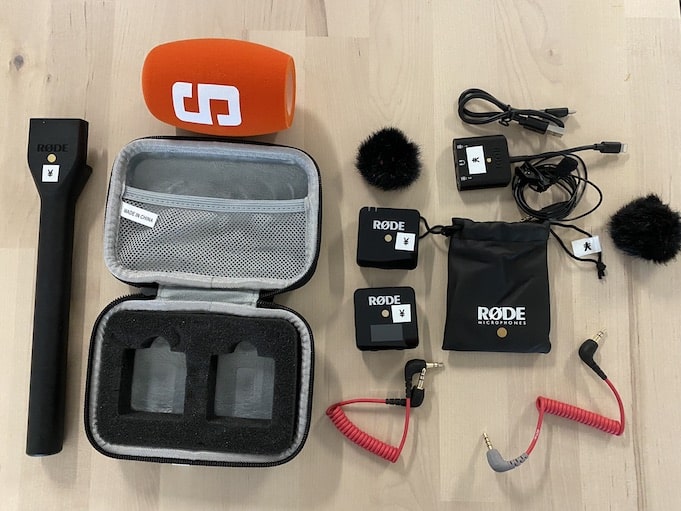
Manage Video Equipment Efficiently Without Much Effort
The Hamburg media company always does outstanding journalistic work and is characterized by independent reporting. In order to maintain journalistic quality, the teams work with highly specialized devices – these need to be managed efficiently...

Smart City Asset Management – Timly in Use at DIGOOH
The core business of DIGOOH Media GmbH in Cologne is to manage digital city light posters (DCLP) for outdoor use in various cities in Germany. The challenge here lies in making the client’s communication message always available at the right time, in the right place...
(No credit card required)
Best Practices in Healthcare Inventory System
Best practices in healthcare inventory systems are tied to having proper strategy implementation in place for effective inventory management. This entails maintaining accurate inventory records, establishing automated reorder points, and utilizing barcode scanning for real-time tracking. Additionally, regular auditing of inventory is necessary to ensure record accuracy and identify areas for improvement.
By managing inventory systems effectively, the medical field can ensure streamlined operations and enhanced patient care. It’s crucial to optimize stock levels, reduce waste, minimize stockouts, and ensure an adequate supply to facilitate timely delivery and quality patient care. Inventory systems should also focus on enhancing operational efficiency by reducing manual tasks associated with inventory management, thereby enabling staff to provide better patient care with reduced unnecessary workload. Overall, by implementing best practices, healthcare inventory systems can optimize resource utilization, save costs, and improve patient care.
How to Implement Healthcare Inventory Management Systems
To implement a healthcare inventory management system, you will:
- Firstly, you will need to ensure that a proper assessment of the facility’s inventory has been conducted. This includes considering factors such as inventory volume, storage space, and budget constraints.
- Secondly, you will need to research several inventory management systems and evaluate options such as barcode scanning, automated stock replenishment, and integration capabilities with existing systems.
- Thirdly, you will need to develop a detailed implementation plan outlining project milestones, responsibilities, and training budgets. This ensures that staff are adequately trained to utilize the new system effectively, maximizing its benefits.
By integrating advanced management systems, healthcare facilities can experience numerous benefits, including improved inventory accuracy, reduced stockouts and overstocking, streamlined purchasing processes, and enhanced operational efficiency. Real-time visibility of inventory levels enables better decision-making regarding resource allocation. Thus, implementing a healthcare inventory management system can result in cost savings, increased productivity, and improved patient care.
Types of Inventory Management Systems in Healthcare
There are many types of inventory management systems in the healthcare industry, varying in functionality and complexity. Well-known systems include RFID-based, barcode scanning, and cloud-based inventory management software.
- RFID-based systems use radio frequency technology to search for and track medical equipment and supplies in real-time, offering enhanced accuracy and efficiency in inventory tracing. However, purchasing the necessary hardware and infrastructure may require a significant budget.
- Barcode scanning systems utilize barcode labels and scanners to track inventory movement. They are more cost-effective compared to RFID and are easy to implement. However, manual scanning may introduce errors.
- Cloud-based inventory systems use a centralized platform to track and manage inventory, providing real-time visibility of inventory levels, ensuring timely stock replenishment, and integrating with existing systems. However, challenges such as connectivity issues and online data security need to be considered.
In summary, implementing an inventory management system in the healthcare industry can enhance efficiency, reduce costs, and improve patient care. However, addressing challenges associated with each system is crucial for success.
How Does Inventory Management Impact Patient Care?
Inventory management impacts healthcare by ensuring that there are enough supplies for timely and enhanced patient care effectiveness. With an efficient inventory management system, you can reduce stockouts, overstocking, and wastage of medical resources.
Hence, a proper inventory management system is crucial to supporting patient care, ensuring adequate supplies, medications, and equipment. Medical facilities can maintain smooth workflows, minimize treatment delays, and enhance patient safety. For example, timely delivery and availability of medications during an operational procedure can prevent complications and improve patient care significantly. Therefore, implementing a comprehensive inventory management system, including medical device management software, is crucial to supporting patient care by ensuring adequate supplies, medications, and equipment.
Thus, an effective inventory management system streamlines procurement processes, optimizes inventory levels, and reduces manual errors, allowing staff more time to focus on patient care rather than paperwork. By ensuring efficient and effective patient care, inventory management contributes to greater quality and patient satisfaction.
Innovative Approaches To FAQs About Medical Inventory System
What Is Medical Inventory?
How Are Hospitals Managing Medical Inventory
Recommended for You:
Book an online demo - free and without obligation - or create your free trial account directly.















